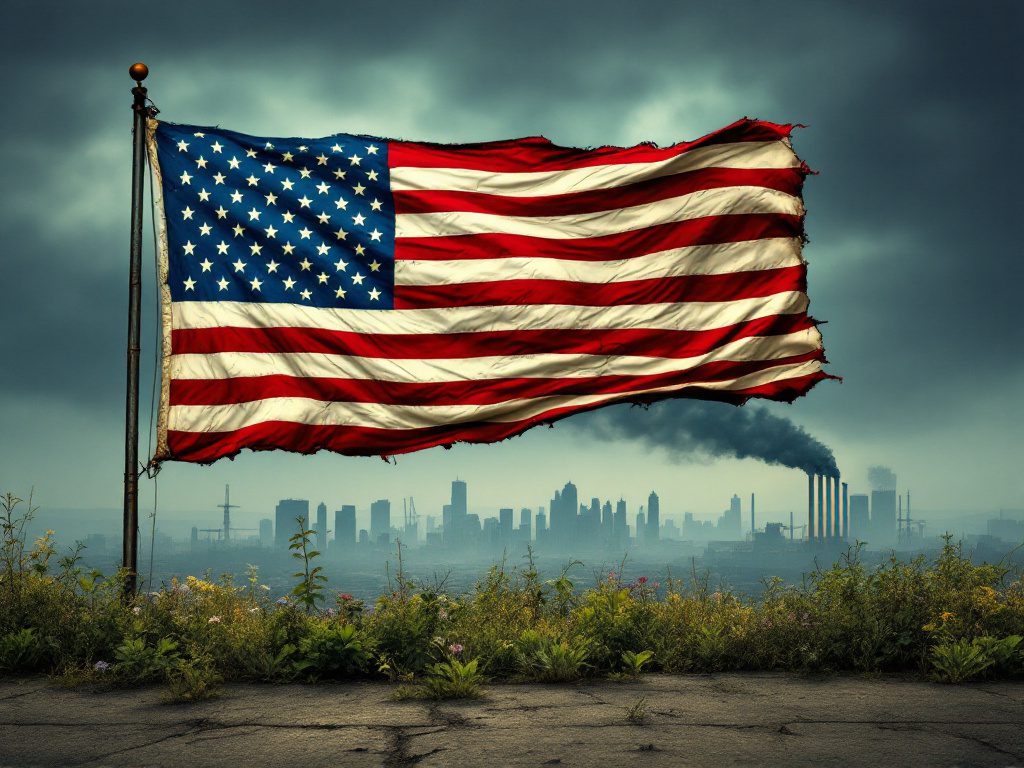The Unveiling: U.S. Resistance Exposed at the United Nations
Just as world leaders converge in Seville for talks that could shape the future of global finance and climate response, an internal United Nations document has surfaced, revealing an uncomfortable truth. The United States, once a linchpin of international cooperation, is now fighting to water down efforts designed to help developing countries cope with climate change, gender inequality, and systemic poverty. The Trump administration’s approach, as showcased by their objections to a critical agreement ahead of the 4th International Conference on Financing for Development (FFD4), leaves many allies frustrated—and potentially billions vulnerable.
The negotiating draft, compiled with input from U.N. envoys representing Mexico, Nepal, Norway, and Zambia, doesn’t sugarcoat national positions. The U.S., the document makes clear, is not just offering minor edits. It wants to strike entire references to “climate,” “gender equality,” and “sustainability”—ideas foundational to the interlinked crises facing the world’s poorest nations. The desire to sideline language supporting global solidarity and shared responsibility stands in direct opposition to the ambitions voiced by over 140 other countries during previous rounds of negotiation. As previous FFD conferences have stressed, the greatest threats facing our planet and its people cannot be tackled in isolation.
Many progressive policymakers and activists view the U.S. posture as more than a diplomatic snag. It’s a chilling signal that America’s government sees itself as exempt from the collective obligations essential in a time of planetary emergency. A nation that long championed multilateral action now seems intent on rewriting the rules in its own favor—at the expense of the vulnerable.
America First: Fragmenting the Promise of Global Solidarity
Why does this matter? For starters, these negotiations aren’t just bureaucratic box-ticking. The FFD4 talks are set to chart the course for how the international community mobilizes trillions of dollars in development finance—dollars that could mean lifelines for countries battered by rising seas, droughts, pandemics, and debt crises. The U.S. intervention, led by Treasury Secretary Scott Bessent, seeks to roll back reforms aimed at closing tax loopholes, improving credit ratings, and cutting fossil fuel subsidies—all things vital to shifting the balance toward equity and sustainability.
This isn’t the first time the “America First” doctrine has left allies dumbfounded. Look back to the Paris Agreement’s early days, when the Trump administration declared its intent to withdraw, leaving U.S. scientists and state leaders scrambling to reassure the world that progress would continue—albeit without federal backing. According to Cornell economist Eswar Prasad, “these types of reversals do more than slow progress; they erode the trust and momentum needed for lasting change.”
Beyond that, the U.S. stance undermines hard-fought efforts for fairness in the global economy. More than 140 countries previously committed to widening tax cooperation—a reform crucial for helping poor nations recoup billions lost each year to corporate tax avoidance. The U.S. pushback not only weakens these reforms, it emboldens tax havens and powerful interests already working to undermine global financial justice. According to Oxfam, illicit tax flows alone cost developing countries over $100 billion annually, money desperately needed for schools, hospitals, and renewable energy.
“Weakening multilateral financial reforms isn’t just an arcane diplomatic debate—it’s a moral choice with direct consequences for the world’s most vulnerable. When powerful nations shirk responsibility, it’s the poorest who pay the steepest price.”
A closer look reveals that the U.S. isn’t merely dragging its feet on climate and equality; it is also pushing the private sector as the go-to solution for development, as though financial literacy and innovation alone could compensate for a lack of global solidarity. Critics argue this hands-off model lets rich nations off the hook, recasting collective responsibility as voluntary charity and market-driven partnerships. When history shows that free markets rarely self-correct for inequality or environmental degradation, the wisdom of outsourcing climate resilience to Wall Street becomes profoundly questionable.
Global Responses and What’s at Stake
International frustration is mounting. Diplomats from the European Union, Africa, Latin America, and Asia have all signaled their deep unease at the U.S. position. “This is about the very legitimacy of the international order,” said Norwegian U.N. ambassador Mona Juul, as cited in The Guardian. When the world’s largest economy opts out of shared responsibilities, the ripple effects are huge. Emerging economies lose bargaining power, donor fatigue sets in, and the entire infrastructure supporting the U.N. Sustainable Development Goals starts to wobble.
What’s the likely outcome if the U.S. prevails? Beyond the symbolic loss of global consensus, developing countries could miss out on billions in development aid, access to fairer credit, and support for greener infrastructure. A united international approach is essential to hold multinational corporations accountable, direct more funding to renewable energy, and tackle debt burdens exacerbated by climate disasters. Harvard’s Jeffrey Sachs argues such blockages “lock the poorest countries into cycles of underdevelopment and climate vulnerability.”
Hope remains in broad-based activism and the alliances of smaller nations—witness how, at past climate summits, island states earned unprecedented attention for their existential plight. These moments of courageous diplomacy remind us that global justice isn’t about what America chooses to permit, but what humanity demands. Even as some governments falter in the face of vested interests, grassroots movements and coalition diplomacy continue to press for real, enforceable progress.
It bears remembering: American leadership once served as a beacon for the kind of global cooperation now under threat. The decision now isn’t just about semantics in a U.N. document, but about the fate of millions who may never see a seat at these tables. Will we prioritize an insular “America First”—or rise to the challenge of an interdependent world, facing crises that respect no borders?

